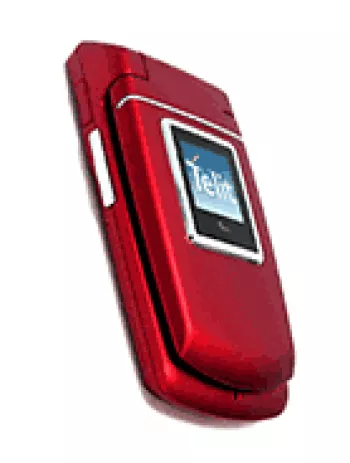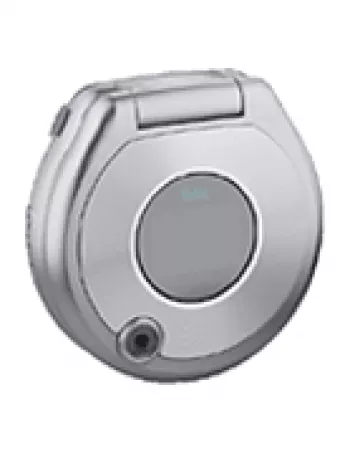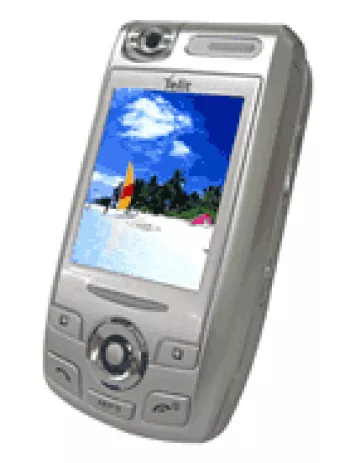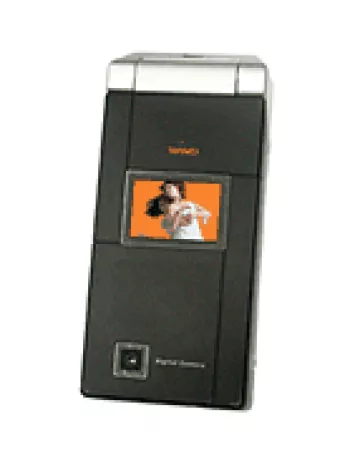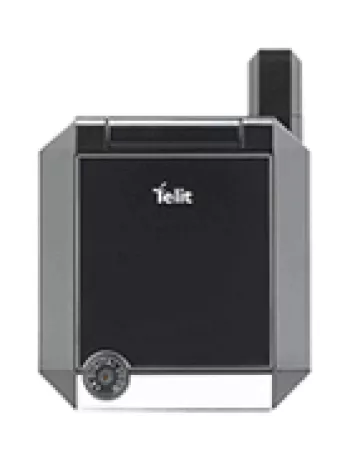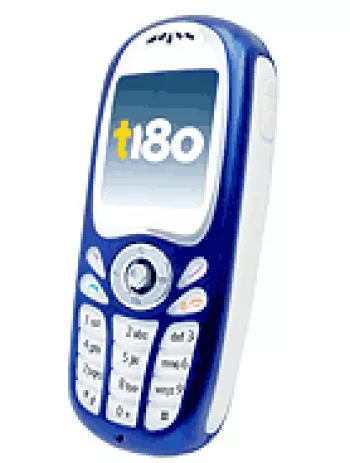
Overview of Telit Estremo
Released in 1999, the Telit Estremo was a staple feature phone during its time, marking a significant place in the telecommunications history. Despite its discontinuation, it holds a nostalgic value for those who experienced the early mobile phone era. Known for its robust build and essential functionalities, it epitomizes the simplicity that characterized mobile phones of that generation.
Design and Build
The Telit Estremo has a classic mobile phone design which was commonplace in the late 1990s. With dimensions of 134 x 53 x 24 mm and weighing 176 g, it offers a solid, albeit bulky, feel. The phone uses a Mini-SIM card and features a monochrome graphic display capable of showing 4 lines of text. In terms of physical design, it comes in three different colors, catering to a minimal need for personalization.
Display
The monochrome graphic display of the Telit Estremo is modest by modern standards, only capable of displaying essential information. Yet, during its time, it was sufficient for tasks such as dialing numbers, reading SMS, and navigating the simple user interface. The lack of colorful screens and high-definition display speak to the phone’s focus on functionality over aesthetics.
Sound and Alerts
Equipped with monophonic ringtones, the Telit Estremo offers basic sound functionalities. The absence of a loudspeaker, 3.5mm audio jack, or advanced alert systems reflects the technological limits of its era. Users relied on simple ringtones to notify them of calls or messages, which aligns with the phone’s utilitarian nature.
Network and Connectivity
The Telit Estremo supports GSM technology, specifically GSM 900 bands, which was the standard for mobile communication at the time. However, it lacks GPRS and EDGE capabilities, indicating it was purely a voice and SMS communication device without any real data handling capacity.
Performance and Battery
One of the standout features of the Telit Estremo is its battery, powered by a removable Li-Ion 1000 mAh unit. It provides up to 70 hours of standby and 5 hours of talk time, showcasing endurance that was essential for users back then. This level of battery efficiency was necessary given that users had limited access to charging options compared to today’s standards.
Software and Features
Operating as a feature phone, the Telit Estremo was devoid of a modern operating system and ran its proprietary interface. It focused on providing essential features such as SMS capabilities, clock functions, and alarms. The phone did not offer internet browsing, Java support, or games, aligning with its role as a communication-centric device.
Memory and Storage
The phone lacks expandable storage with no card slot available, which means users were limited to the built-in memory for storing contacts and messages. While this might seem restrictive today, it was adequate for a device whose primary function was communication rather than media consumption.
Market Position and Legacy
During its time, the Telit Estremo catered to a market that valued reliability and simplicity. Without the bells and whistles of today’s smartphones, it maintained a user-friendly approach that made mobile communication accessible to a broader audience. Its discontinuation marked the end of an era as technology quickly evolved, yet it remains a cherished reminder of the mobile phone’s humble beginnings.
Conclusion
Reflecting on the era of the Telit Estremo helps appreciate the vast technological advancements in mobile devices. Although it seems archaic by today’s standards, it was a groundbreaking piece of technology in its time, laying down the foundations for the smartphones we cannot live without today. The Telit Estremo stands as a symbol of the past, reminding us of a time when phones were straightforward and served a singular purpose: keeping us connected.
Key Features of Telit Estremo
- Classic GSM 900 Technology
- Compact Size: 134 x 53 x 24 mm
- Lightweight: 176 g
- Includes Mini-SIM Support
- Monochrome Graphic Display
- Removable Li-Ion 1000 mAh Battery
- Stand-by Time: Up to 70 hours
- Talk Time: Up to 5 hours
- Monophonic Ringtones with Composer
- SMS Messaging Feature Available
- Includes Clock and Alarm Features
- Available in 3 Colors
Disadvantages of Telit Estremo
- No GPRS or EDGE support for data connectivity.
- Discontinued status, indicating no further support or updates.
- Bulky and heavy body with a weight of 176 g.
- Monochrome graphic display with low resolution (4 lines).
- No card slot available for memory expansion.
- Lacks modern connectivity features like WLAN, Bluetooth, and USB.
- No GPS positioning support.
- No loudspeaker or 3.5mm audio jack.
- No radio feature available.
- Limited messaging options with only SMS support.
- No games or Java applications supported.
- Relatively short standby time of 70 hours and talk time of 5 hours with a 1000 mAh battery.
View Also
More Phones
All Rights Reserved +13671 Phones © Mobilawy 2025














